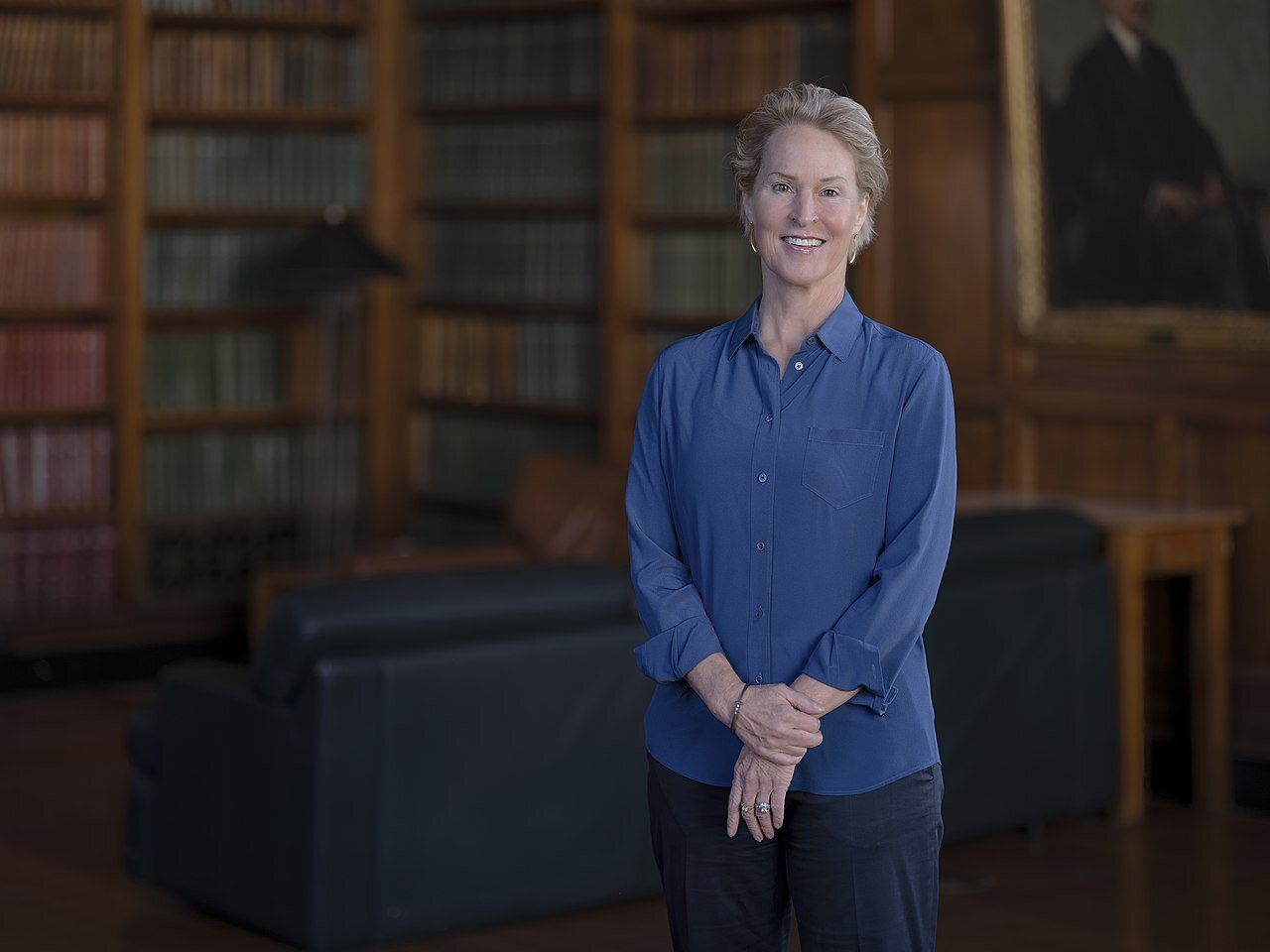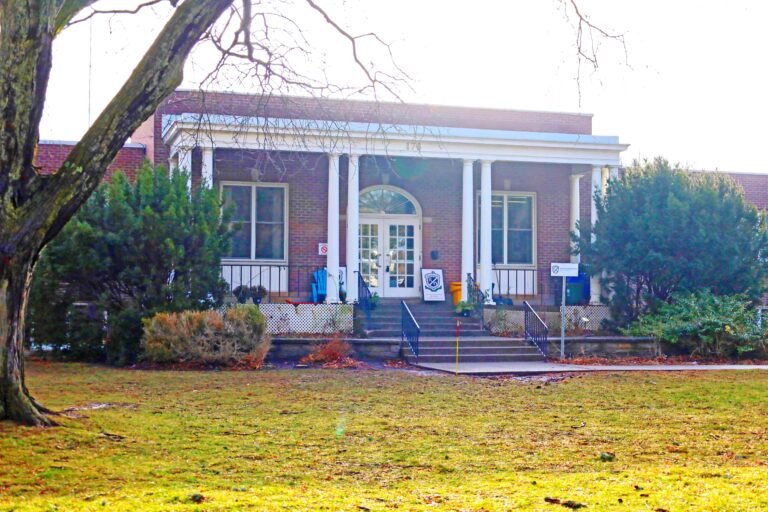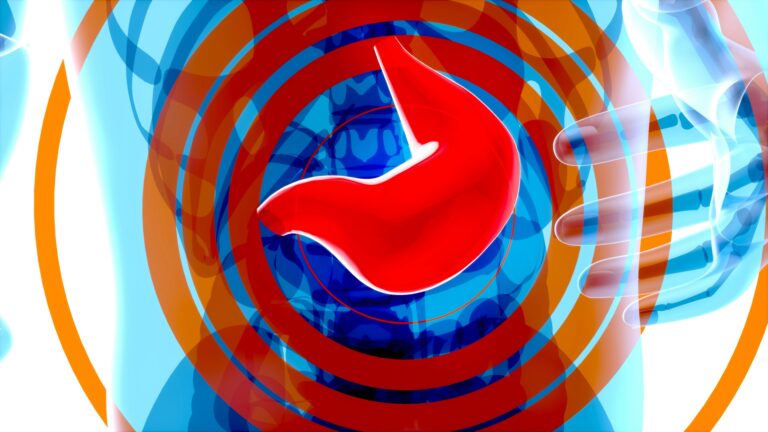Ever since their inauguration in 1901, Nobel prizes have set the standard for high quality in their nomination and review process — at least in the sciences.
But as with human endeavours in general, and especially committees, huge mistakes can happen and have since the inauguration of the Nobel prizes in science.
The most egregious of which was the failure to award a Nobel prize to Albert Einstein for his singular magisterial work — general relativity — probably the most outstanding achievement in modern physics, if not all science in the 20th century, and by an individual.
Relativity’s only competition was the standard model for subatomic physics, a collective endeavour, which, although very useful and highly predictive, remains, unlike general relativity, incomplete and fails to explain dark matter, said to account for almost one-third of the universe.
That’s a huge hole in our understanding of the universe which has stubbornly stymied every attempt to solve since its existence was postulated in the latter half of the twentieth century.
By comparison, general relativity has withstood every test so far including the prediction of gravitational waves, confirmation of which won a Nobel Prize in 2017, and the 2020 Nobel Prize in physics, half of which was awarded to Roger Penrose “for the discovery that black hole formation is a robust prediction of the general theory of relativity.”
In my opinion, those two awards were back-handed ways of finally acknowledging the importance of Einstein’s general relativity.
Some prizes in the sciences in the last eight years stand out. For example, the 2017 prize in physics was awarded for detecting gravitational waves in the universe created by two black holes colliding with one another or in other instances, collisions between two neutron stars.
The waves were found using supersensitive detectors on Earth and their origin was located by triangulating data from two widely separate sites in the U.S. And, with more sensitivity, they might be capable of tracing the origin of the universe almost to its inception following the Big Bang.
That was the hope, but 30 years of bipartisan congressional support was just halved leaving them unable to locate the source of future waves. Crazy!
Other Nobel Prizes in physics stand out: detecting the first exoplanet in 2019, discovering the giant black hole at the center of the milky way in 2020, the 2024 prize for developing machine learning based on artificial neural networks, and finally, my favorite, the 2023 prize that conclusively proved that particles could behave as one at enormous distances as suggested by quantum physics but thought impossible by Einstein.
The standouts in the chemistry prizes began with what the 2018 prize for Frances Arnold’s use of evolution to develop novel proteins, the 2019 prize for developing the lithium ion battery, the amazing 2020 award which highlighted the development of an elegant method called CRISPR for editing genomes, the 2022 prized for developing a way of “clicking” proteins together and last years 2024 prize for the development of a computer program to decipher the shape of proteins quickly using AlphaFold2.
In medicine and or physiology, the standouts included elegant discoveries of the genetic basis of receptors for touch and temperature in 2022, the 2023 prize for mRNA vaccines, which saved the lives of millions during COVID, and the 2024 prize for the discovery that tiny bits of special RNA can regulate the impact of genes without acting directly on the genes, figured out in a tiny worm, C. elegans.
Those were the standouts for me in the last eight years and writing about them now as well as the other prizes I’ve left out, remind me again and again, at how important, innovation, determination and persistence are to the success of science’s leading edge.
Some laureates succeeded against all odds — never more so than Katalin Karikó, who played a key role in the development or mRNA vaccines but met opposition constantly from colleagues and institutions along the way. What a triumph for her and science.
The spectrum of Nobel Prizes in the sciences is truly amazing and while there is no prize specifically for engineering and mathematics, both are repeatedly rewarded in the physics and chemistry prizes.
Increasingly, awards are evolving and while the Nobel Prizes remain at the top for now, the number of high-calibre competing awards by other institutions is increasing, one example of which are the Lasker Prizes, which are often followed by a Nobel Prize for the same work within a year or so.
That’s to be expected, as might be a Chinese equivalent family of prizes, given the very high level of science across the spectrum in China these days. And to think that China was but a peasant country at the time of the Korean war, albeit with a proud history of intellectual achievement in their deeper past.
Dr. William Brown is a professor of neurology at McMaster University and co-founder of the InfoHealth series at the Niagara-on-the-Lake Public Library.









